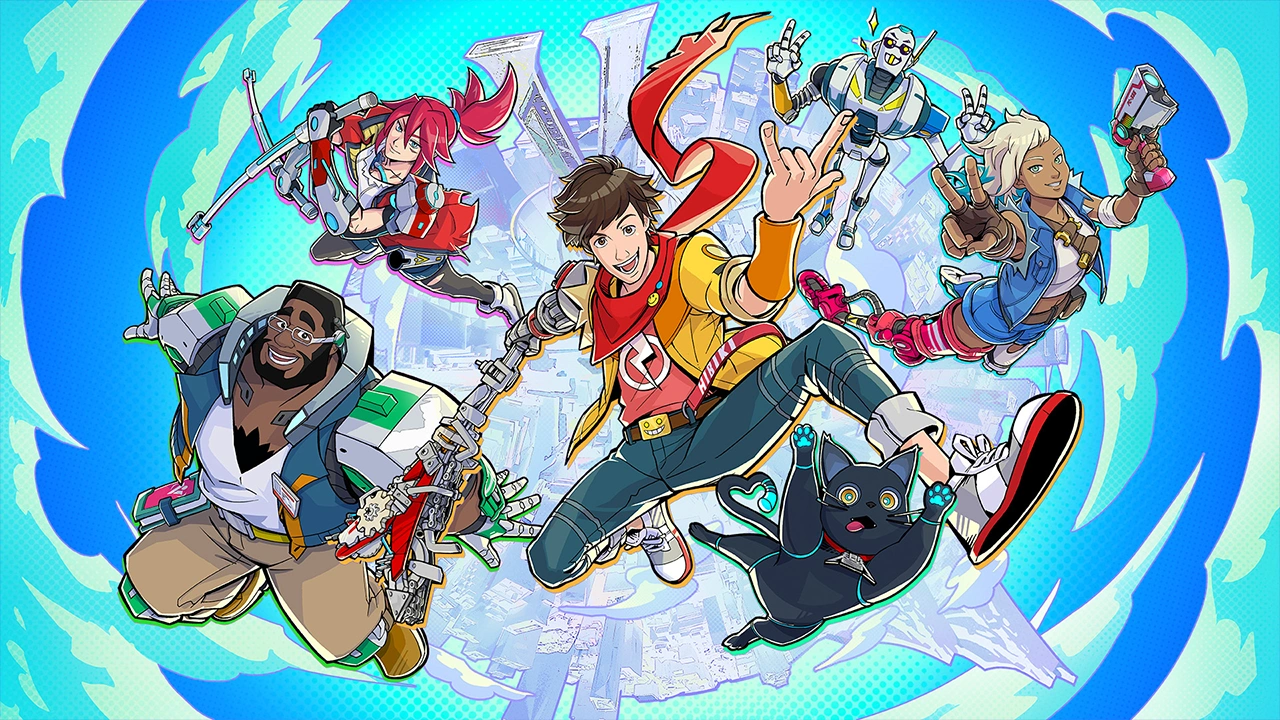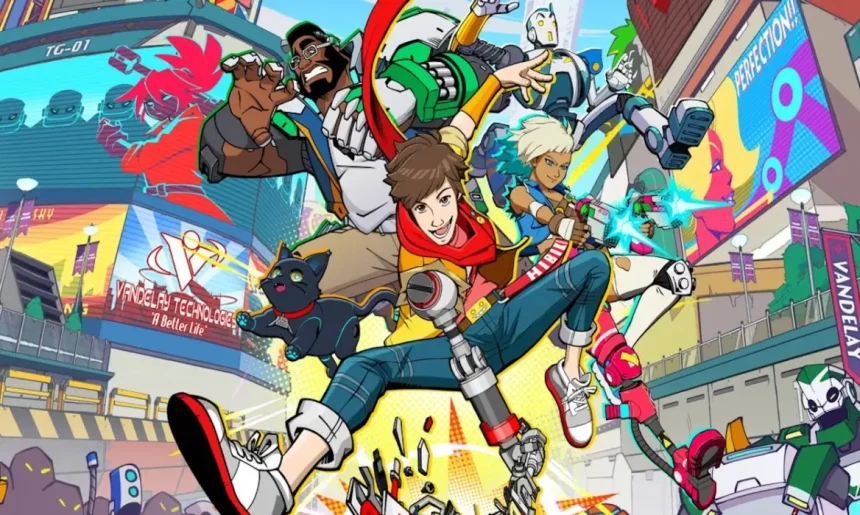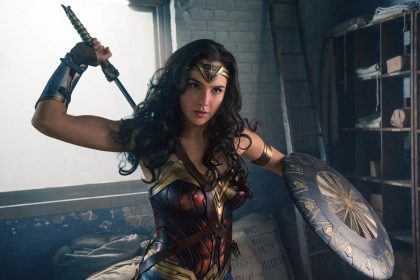Earlier this year, Microsoft made headlines by shutting down several game studios, including Tango Gameworks, the team behind the rhythm-based action game Hi-Fi Rush.
Despite the game’s success, the studio’s future was in jeopardy until Krafton, the company behind PUBG and The Callisto Protocol, acquired the studio and the rights to the Hi-Fi Rush franchise. Krafton’s acquisition sparked interest in the future of the studio and the potential for a sequel to Hi-Fi Rush.
Krafton CEO Changhan ‘CH’ Kim discussed the acquisition, revealing that the decision to save Tango Gameworks wasn’t driven by profit. He admitted he wasn’t even sure if some of the studio’s previous projects had broken even financially. Kim speculated that Microsoft may not have made significant profits from Hi-Fi Rush, but emphasized that Krafton’s interest in the studio wasn’t about immediate financial gain.

Although the deal with Microsoft is still being finalized, Krafton is already considering a potential sequel to Hi-Fi Rush. Kim was candid, stating that they don’t expect Hi-Fi Rush 2 to be a major moneymaker. Krafton didn’t acquire Tango Gameworks for its financial performance but instead for the creative potential that the team possesses, believing in the value of its legacy and creative capabilities.
Kim highlighted that Krafton acquired not only the studio but also a team of at least 50 original developers, which shows their commitment to fostering Tango Gameworks’ creativity. The publisher recognized the potential of these creatives to develop unique and exciting projects that align with Krafton’s long-term vision, rather than focusing solely on financial success.
While there’s no certainty about the financial success of future Hi-Fi Rush projects, Kim expressed optimism about the potential for the franchise to grow over time.
He pointed out that many successful game franchises like Uncharted, Assassin’s Creed, and Animal Crossing didn’t become massive hits until later in their lifecycles. With that in mind, Krafton’s focus remains on fostering innovation and encouraging Tango Gameworks to create new experiences, rather than aiming for an immediate blockbuster.







